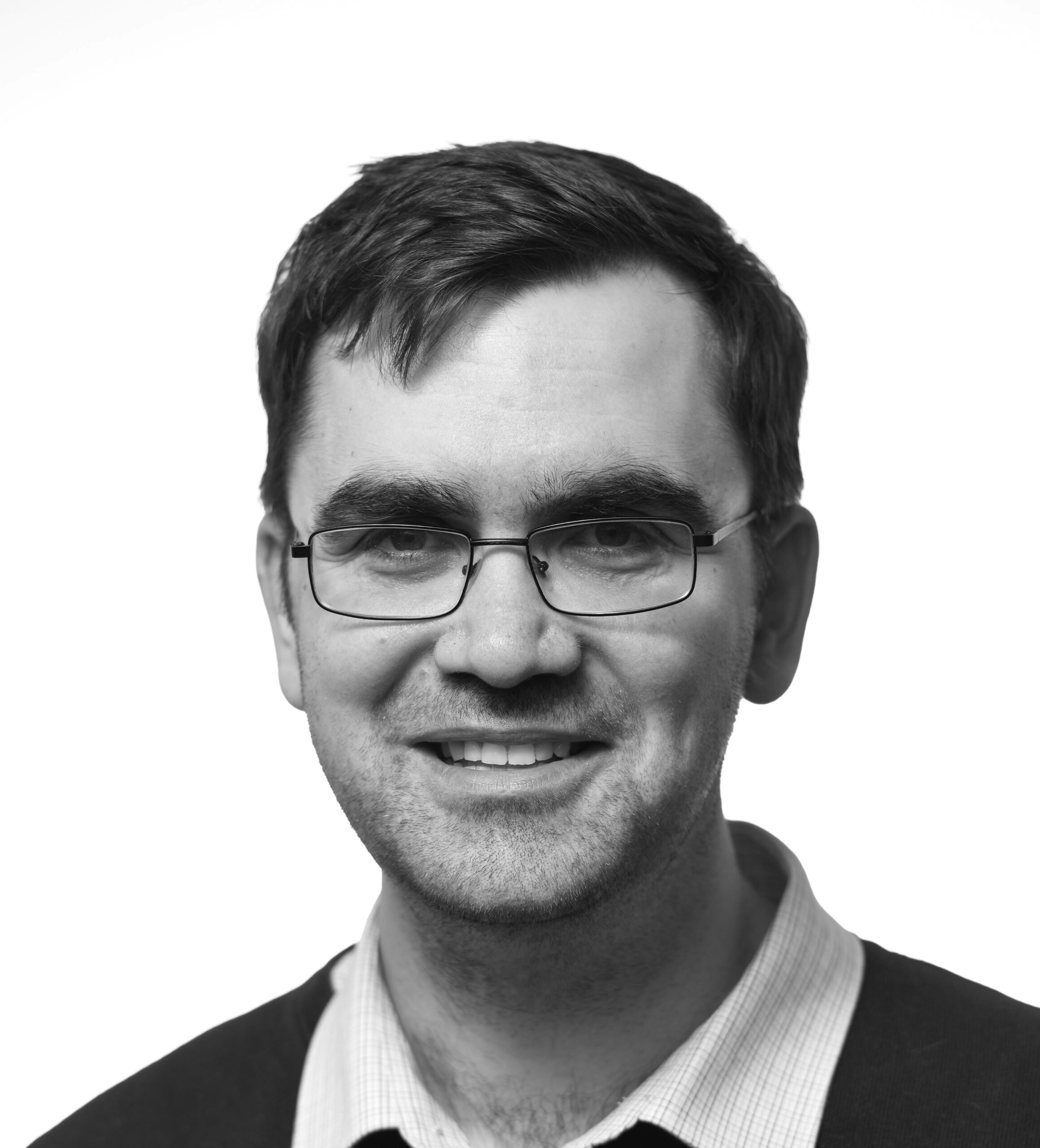 In this post, we share with you the Collegiate Commentary from the July 2025 Teaching Matters’ reflective round-up: Five issues raised in the ‘Critical insights into contemporary issues in Higher Education’ series. In this commentary, Dr Tom Cunningham offers his reflections on this series of blog posts through the lens of Academic Development. He contemplates the role and pressures of Academic Developers on current HE issues such as cost of living, burnout, emotional labour, over-reliance on metrics, and GenAI. Tom is a Senior Lecturer in Academic Development at Glasgow Caledonian University.
In this post, we share with you the Collegiate Commentary from the July 2025 Teaching Matters’ reflective round-up: Five issues raised in the ‘Critical insights into contemporary issues in Higher Education’ series. In this commentary, Dr Tom Cunningham offers his reflections on this series of blog posts through the lens of Academic Development. He contemplates the role and pressures of Academic Developers on current HE issues such as cost of living, burnout, emotional labour, over-reliance on metrics, and GenAI. Tom is a Senior Lecturer in Academic Development at Glasgow Caledonian University.
As an Academic Developer at Glasgow Caledonian University (GCU), I support staff to enhance their practice and achieve professional recognition in relation to learning and teaching, such as the fellowships awarded through Advance HE. I’m also, or at least used to be, an analytic philosopher. This means I like questioning things and conceptual clarity. What I’m going to attempt to do is bring these together for this piece on the thought-provoking ‘critical insights into contemporary issues in Higher Education’ collection. I want to unpack and explore these issues from the perspective of an Academic Developer.
I have two points of departure.
First, there is a growing debate within our discipline (some might even question whether it is a discipline) about the nature and scope of our work. We don’t even have a consistent name for ourselves: ‘academic’, ‘educational’, and ‘faculty’ developers are all used to cover what are (seemingly) equivalent roles. I’ve written about needing further conceptual clarity about what Academic Development means (Cunningham, 2022), whilst others have sought to broaden the conceptual boundaries beyond support for individuals to systems and institutions (Sutherland, 2018) and to include the support for the whole academic role (Evans, 2023).
Second, I’m about to take on the role of convener of SHED (Scottish Higher Education Developers), which is a Scottish community of Academic Developers who meet regularly to discuss ideas and share best practice. I hope my thoughts here can stimulate others to think further about who, or what, we are as Academic Developers, and what kind of things SHED could be doing to help us meet future challenges.
Mental health and wellbeing resonate through several of the blog posts in the collection. I can feel the ‘burnout’ Warinner highlights: my own cynicism about work, distancing myself from my role at times, and then at others feeling I’m not doing enough or doing well enough in my role. Being in a staff-facing role, I also see and feel the stress and pressure colleagues are under. So I feel the need to be professional in the way identified by Avita Rath – to be a role model for colleagues, perhaps when this comes at a cost for me:
“You’re expected to be a skilled clinician, a mentor, a teacher, a researcher, and a leader – all at once. This constant pressure to excel in multiple areas fuels the need for emotional management, often at a significant cost.”
As an Academic Developer, I often feel I need to be able to ‘shapeshift’ to fit the given context or issue. I felt pressure during the pandemic, for example, to facilitate the switch to online learning, just as I feel pressure today to have ‘the answers’ in relation to Generative Artificial Intelligence. I don’t have those answers, although I read Matjaz Vidmar’s contribution with interest. I also wonder whether we (and to what extent), as Academic Developers, are part of the system which puts pressure on our colleagues. We often use terms like ‘enhancement’ or ‘transformation’ in our work, and we are clearly seeking to do good for and by our colleagues, students and institutions. But do some academics see us as part of the system constantly pressurising them? And what can we do about it if they do?
Indigo Williams, in the context of our students, talks about how we might meet some of these challenges. One approach that resonated with me was about opening up spaces for conversation. This is something we do in our Postgraduate Certificate (PgCAP) at GCU. One of my favourite sessions on the course is where we ask staff to reflect on the challenges of being an academic today, what their professional identity is, and balancing the competing demands of teaching, research, and service. I’m pretty sure (again!) I don’t have the answers, but surfacing the questions and giving a space for discussion is at least a starting point.
Warinner tells us that we are ‘going to be okay’ with our burnout. I like this optimism! Rath also ends with a positive note for a hopeful future, which is uplifting and inspiring. If I was being sceptical: how feasible or realistic is this? Both practically (given financial issues in the sector) but also conceptually: what would our ‘authentic selves’ be, and do we really want that at or in our work?
Demonstrating our impact or value as Academic Developers has proved difficult. It’s not always clear what kind of evaluation or data would count. Galanos’ contributions made me reflect on the need to quantify and ‘normalise our obsession with numbers’. The examples given of grading, attendance as opposed to engagement, or citations in and from high-ranking journals made me focus on what ‘performance indicators’ would be relevant to our work as Academic Developers. There are things we could quantify: attendance at our sessions, completers (and grades) of PgCAP, Fellowship data or even student satisfaction scores. But would the tell us what we want to know? Perhaps they should be part of our evaluations. But I think, for example, it is in the process of gaining Fellowship that the real value for staff can be found.
I would argue that staff having the space to reflect on their teaching practice, why they do the things they do, and how they know these are successful is valuable, regardless or not if this leads to Fellowship. These three blog posts by Galanos also made me wonder about the value of intellectual curiosity and creativity in teaching – it should be (I think) our role to support and encourage this rather than stipulate for or against some teaching methods or assessment approaches. This connects to some work on the ‘intangibles’ in learning and teaching (Smart et al., 2020).
Dora Herndon and Ruth Elliot’s thought-provoking piece on the cost-of-living crisis brings home the wider context in which our students are placed, and the impact this has on their ability to study. At GCU, for example, we have looked at further ways to support students with a free breakfast offer. Neil Spiers talks passionately about the pedagogy of love and true care. Central to this is the idea that we (the university, the academy) are a connected community, not isolated individuals. This made me think about the SHED community of Academic Developers. We may feel overwhelmed by the number and range of challenges facing us, at a time when our departments are being cut or even questioned. My hope is that communities like SHED, which reach across institution boundaries, can be a place of solidarity, and that we are not isolated as Academic Developers, but can see and feel the worth of our work.
References
Cunningham, T. (2022) Parallels between philosophy and academic development: under-labourers, critics, or leaders?, International Journal for Academic Development. https://doi.org/10.1080/1360144X.2022.2137513
Evans, L. (2023) What is academic development? Contributing a frontier-extending conceptual analysis to the field’s epistemic development, Oxford Review of Education. https://doi.org/10.1080/03054985.2023.2236932
Smart, F., Cleaver, E. & Robertson, A. (2020) Beyond the metrics: the importance of intangible assets in the HE context, Journal of Perspectives in Applied Academic Practice, 8(2), https://doi.org/10.14297/jpaap.v8i2.432
Sutherland, K. (2018) Holistic academic development: Is it time to think more broadly about the academic development project? International Journal for Academic Development, 23(4): 261–273. https://doi.org/10.1080/1360144X.2018.1524571
 Tom Cunningham
Tom Cunningham
Dr Tom Cunningham is a Senior Lecturer in Academic Development at Glasgow Caledonian University. He is the Programme Leader for the Advance HE accredited Accelerate Programme, and a tutor on the Postgraduate Certificate in Academic Practice. He has interests in assessment and feedback, storytelling and the role of Academic Development.
tom.cunningham@gcu.ac.uk; https://orcid.org/0000-0003-0342-6210


